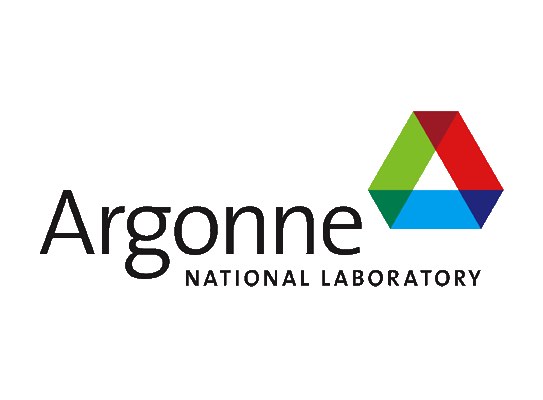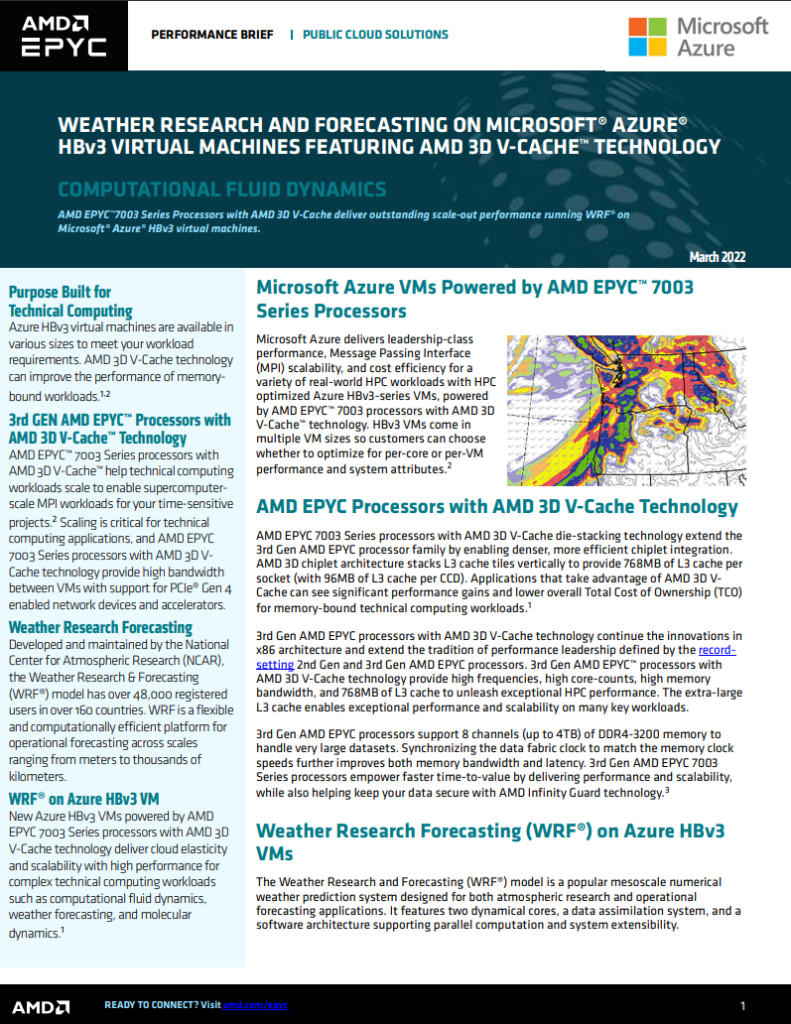 Argonne National Laboratory (Argonne) in collaboration with Oak Ridge National Laboratory (ORNL), has awarded Codeplay a contract implementing the oneAPI DPC++ compiler, an implementation of the SYCL open standard software, to support AMD GPU-based high-performance compute (HPC) supercomputers.
Argonne National Laboratory (Argonne) in collaboration with Oak Ridge National Laboratory (ORNL), has awarded Codeplay a contract implementing the oneAPI DPC++ compiler, an implementation of the SYCL open standard software, to support AMD GPU-based high-performance compute (HPC) supercomputers.
The Argonne Leadership Computing Facility (ALCF) is deploying an exascale supercomputer, Aurora, based on Intel GPUs with SYCL being one of the primary programming models. The Oak Ridge Leadership Computing Facility (OLCF) is deploying an exascale supercomputer, Frontier, which features AMD GPUs. Exascale supercomputers process 1018 calculations per second, and will be the highest performance computers in the world today. The ALCF and OLCF are DOE Office of Science User Facilities.
Enabling the SYCL open standard on Frontier will provide another common programming model to develop scientific applications for heterogeneous compute environments across the U.S. Department of Energy’s (DOE) national labs. Portable programming models allow application scientists to leverage existing software assets and extend their development capabilities in HPC and AI by providing code portability across multiple supercomputing systems.
Exascale supercomputers will be used for scientific research by researchers working in diverse areas such as medicine, alternative energy, environment, high-energy and nuclear physics, advanced computing, materials science, and chemistry. These systems will help advance science computing in an array of areas through convergence of simulation, data science, and machine learning methods.
 Codeplay is a software company based in the U.K. that has a long history of developing compilers and tools for different hardware architectures. The company has been the lead implementor of SYCL compilers and a main contributor to the existing open-source support for multiple compute architectures through the DPC++ project. Codeplay provides the broadest support for multiple GPUs and specialized hardware accelerators through its work with oneAPI, SYCL and OpenCL™.
Codeplay is a software company based in the U.K. that has a long history of developing compilers and tools for different hardware architectures. The company has been the lead implementor of SYCL compilers and a main contributor to the existing open-source support for multiple compute architectures through the DPC++ project. Codeplay provides the broadest support for multiple GPUs and specialized hardware accelerators through its work with oneAPI, SYCL and OpenCL™.
SYCL (pronounced “sickle”) is an open standard programming model that enables heterogeneous programming based on standard ISO C++. Heterogeneous programming is the basis for today’s growing HPC, AI, and machine learning applications. SYCL has been gaining momentum as supercomputing communities look for a nonproprietary programming model. Maintained under the Khronos Group and initially released in 2014, SYCL is a royalty-free, cross-platform open standard abstraction layer that enables code for heterogeneous processors to be written with the host and kernel code for an application contained in the same source file. SYCL has been closely aligned to OpenCL, but over time has evolved into its own completely distinct programming model. The latest revision SYCL 2020 can decouple completely from OpenCL and therefore eases deployment support on multiple backends.
 “Pursuing scientific discoveries on the very fastest architectures should not be limited by closed, proprietary software programming models. Having a common open standard is the most efficient path to enabling performance portability across DOE’s next-generation supercomputers,” said Kevin Harms, ALCF Performance Engineering Team Lead. “We want to make our capabilities accessible to all researchers — using DPC++ supporting SYCL does that.”
“Pursuing scientific discoveries on the very fastest architectures should not be limited by closed, proprietary software programming models. Having a common open standard is the most efficient path to enabling performance portability across DOE’s next-generation supercomputers,” said Kevin Harms, ALCF Performance Engineering Team Lead. “We want to make our capabilities accessible to all researchers — using DPC++ supporting SYCL does that.”
“Being able to write software on one system without concerns for re-writing it for another is important to many of our users,” said David Bernholdt, Distinguished R&D Staff member at ORNL and lead for the Programming Environment and Tools team in the OLCF. “We will be able to collaborate so much more easily across the entire Department of Energy. This collaboration will help boost productivity and enable us to quickly extend our capabilities to others.”
“We see the growing support for different compute architectures through SYCL and open standards software for accelerated systems into the HPC community” said Andrew Richards, founder and CEO of Codeplay Software. “The SYCL ecosystem exists with developers already benefiting from the wealth of knowledge, experience and available libraries. Codeplay is committed to open standards and we feel privileged helping Argonne, ORNL and the DOE to accelerate their research.”
source: Katie Bethea, ORNL



